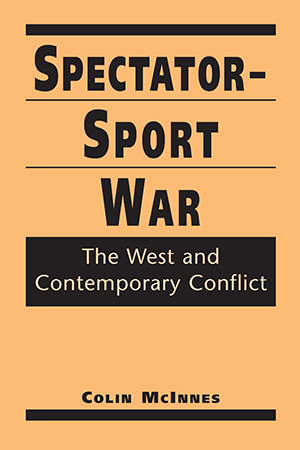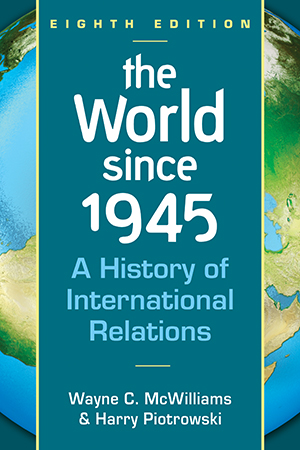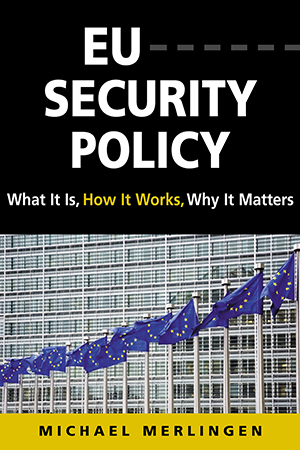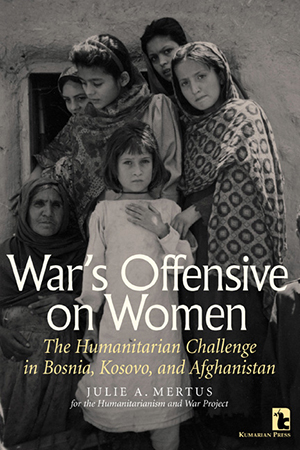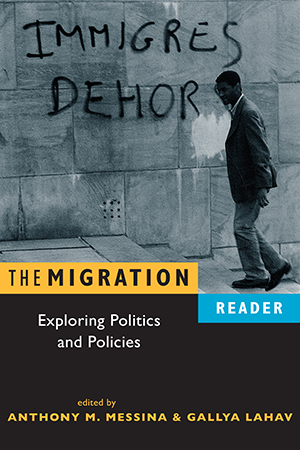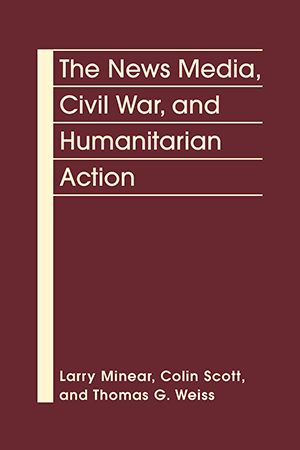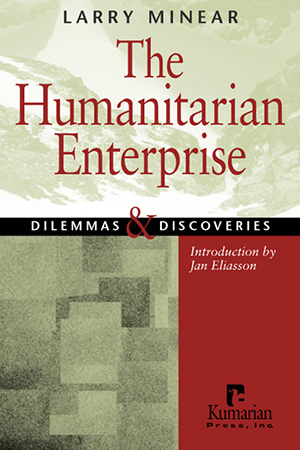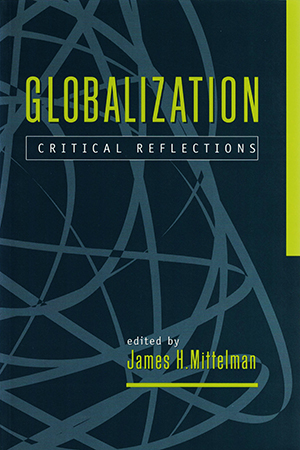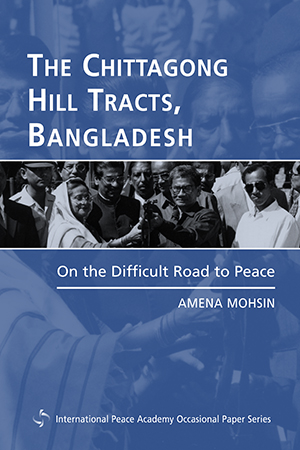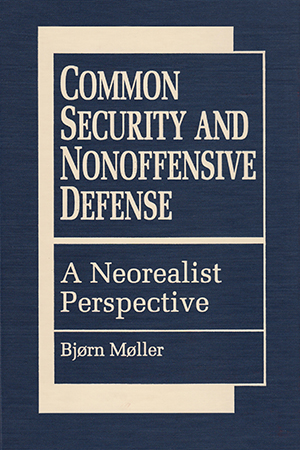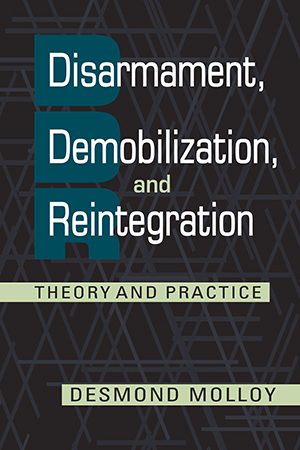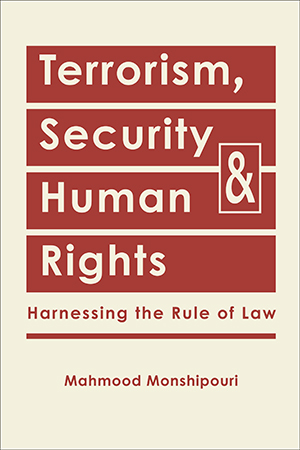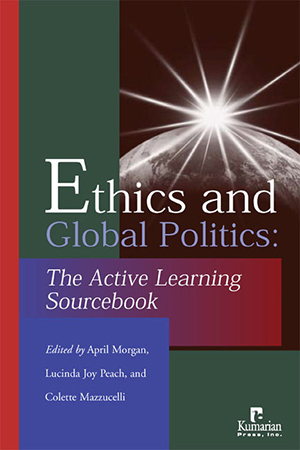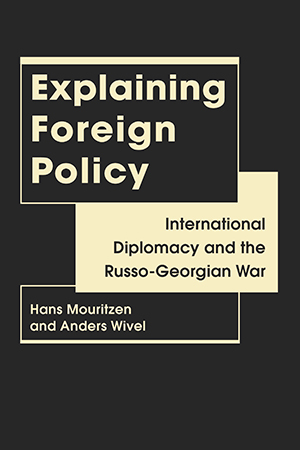International Relations (all books)
Following a century dominated by global conflict—and despite the unchanging nature of the human suffering it causes—the nature of war itself, argues Colin McInnes, has been More >
Providing essential analysis and insights, Edward McMahon and Scott Baker assess the various approaches that regional organizations have been developing to promote their member- states' More >
New emphasis on the impacts of globalization, events in the Middle East, and political and economic changes in East Asia—as well as new information and maps throughout—are among More >
What is the European Union's security and defense policy (CSDP)? How does it work? Does it make a difference in international security affairs? How do other global actors react to More >
Julie Mertus explores, with cautious optimism, the progress that has been made in incorporating women and responding to gender issues in the process of dealing with humanitarian crises. More >
The Migration Reader introduces the key articles and documents that analyze the complex phenomenon of transnational migration and the challenges it poses for contemporary societies, states, More >
The civil wars that have been prominent features of the first post–Cold War decade have revealed a close and active relationship among the news media, governments, and humanitarian More >
With a particular (though not exclusive) focus on the complex links between humanitarian action and the worlds of politics and military engagement, Larry Minear explores what international More >
This book analyzes the empirical trends constituting the globalization process in the late twentieth century and explains its underlying causes and consequences. The authors explore the More >
Ending a two-decade-long armed insurgency, the Chittagong Hill Tracts (CHT) Peace Accord was signed in December 1997 by the government of Bangladesh and the PCJSS, the political More >
Bjorn Møller explores the implications of switching to a new type of defense structure, nonoffensive defense (NOD), that would maintain an undiminished—or even More >
Disarmament, demobilization, and reintegration, or DDR, has been widely advocated for decades as an essential component of postconflict peacebuilding. But DDR in practice has generated more More >
Scholars and policymakers disagree on the most effective way to counter transnational terrorism, generating debate on a range of questions: Do military interventions increase or decrease the More >
Who should take moral and ethical responsibility for the world's critical issues? What obligations do individuals and multinational corporations have to the rest of the world, and whose More >
Why would Georgia attack South Ossetia in August 2008, with Russian forces conducting exercises nearby? This remains a puzzle to analysts—on a not inconsiderable list of foreign policy More >


